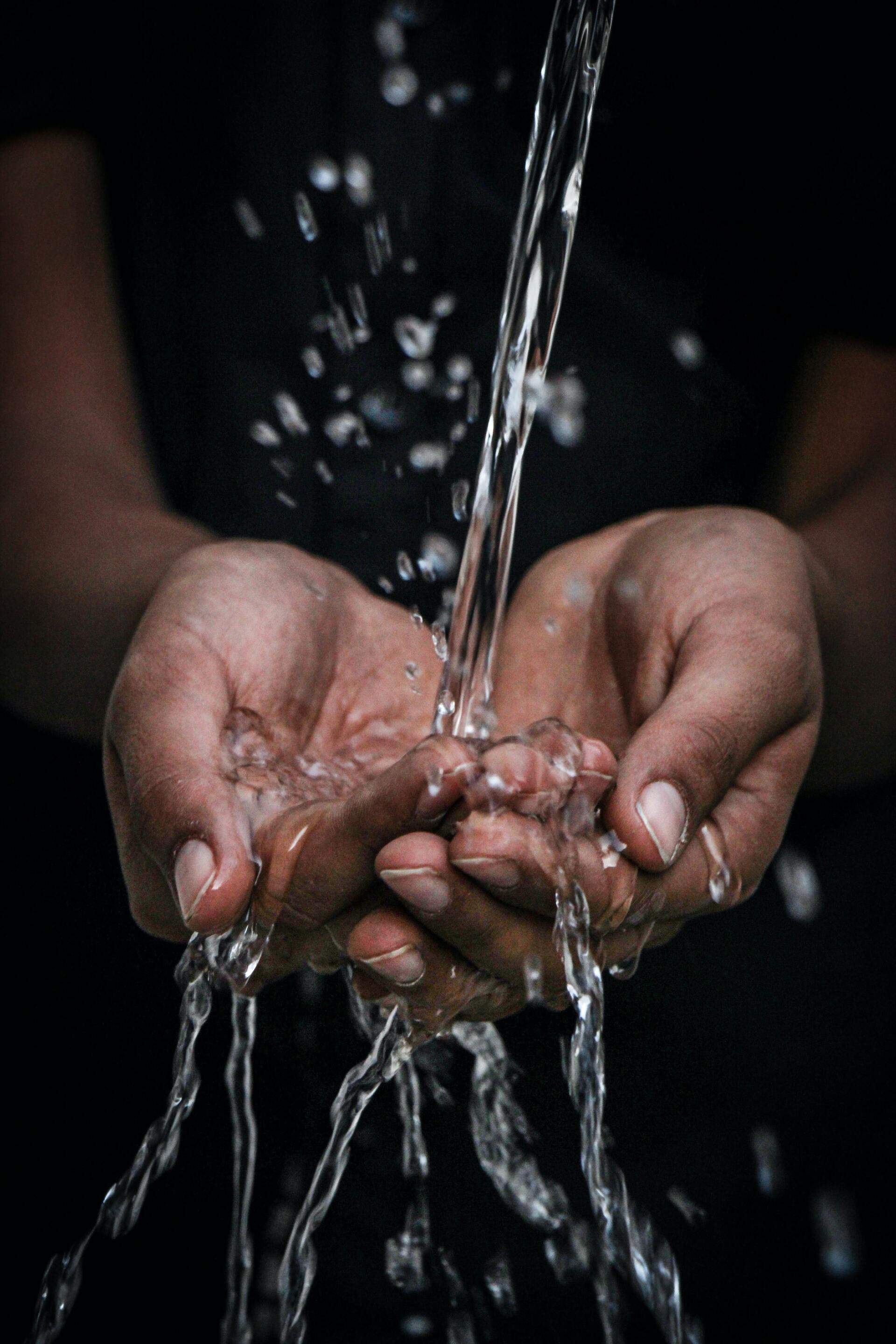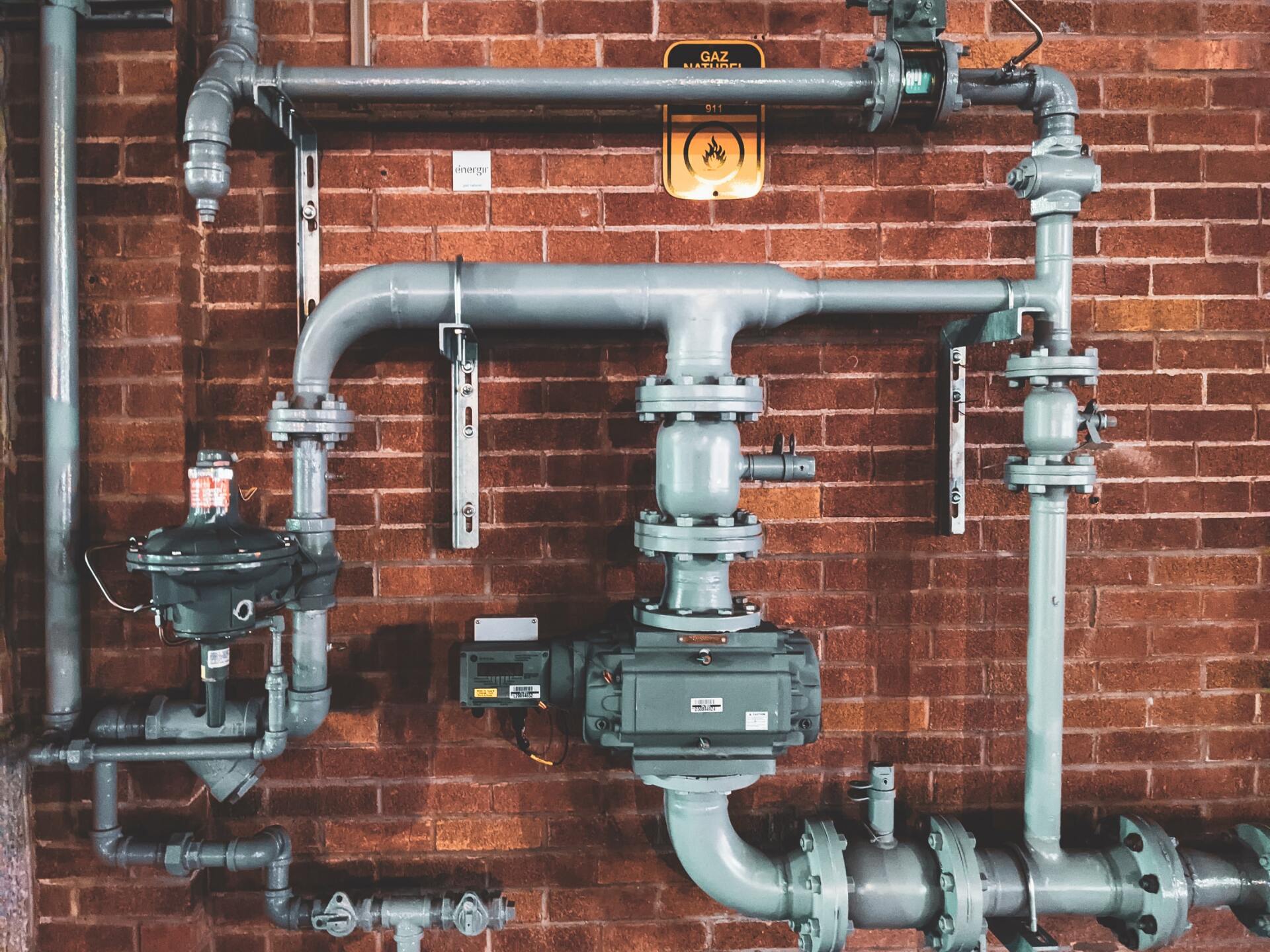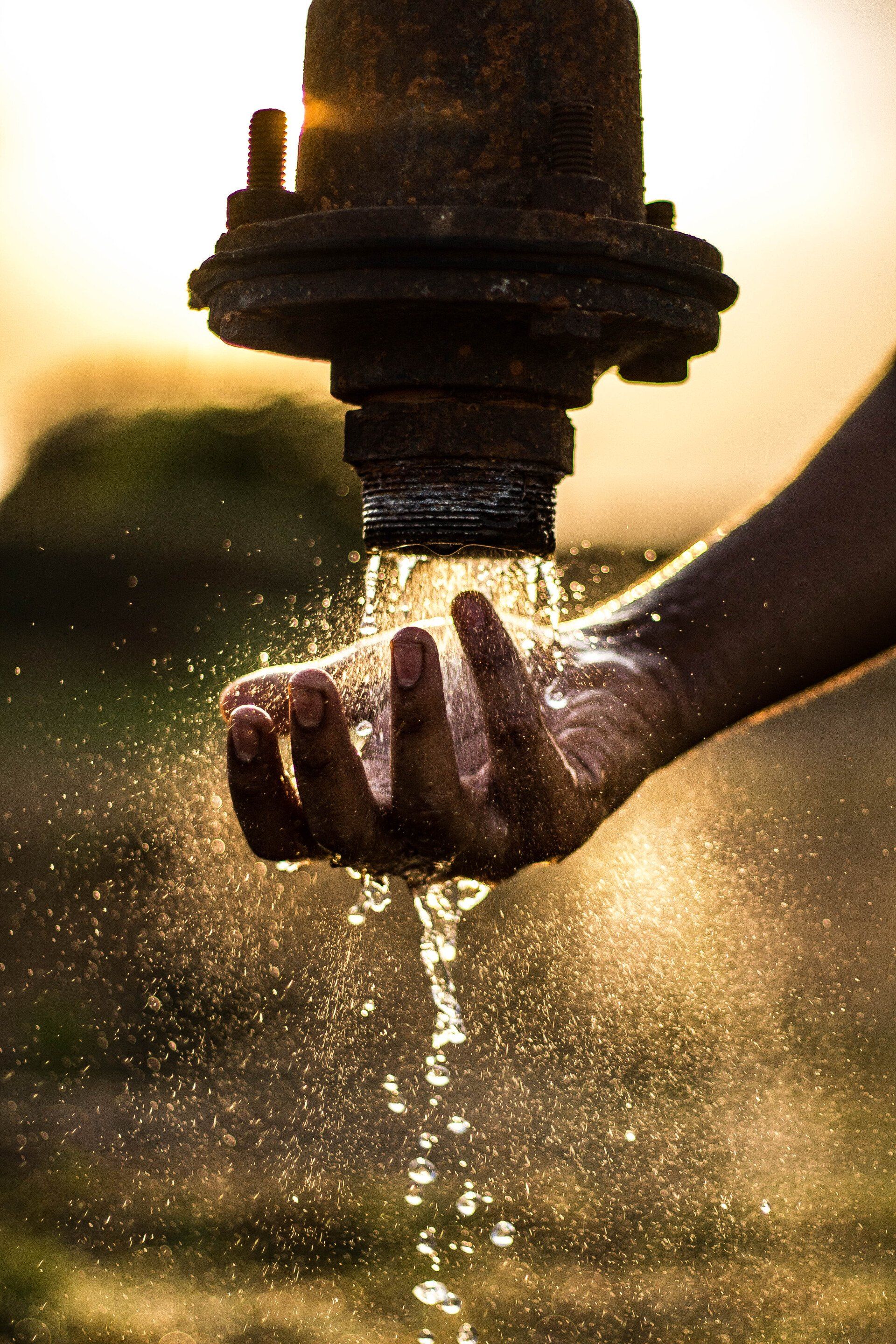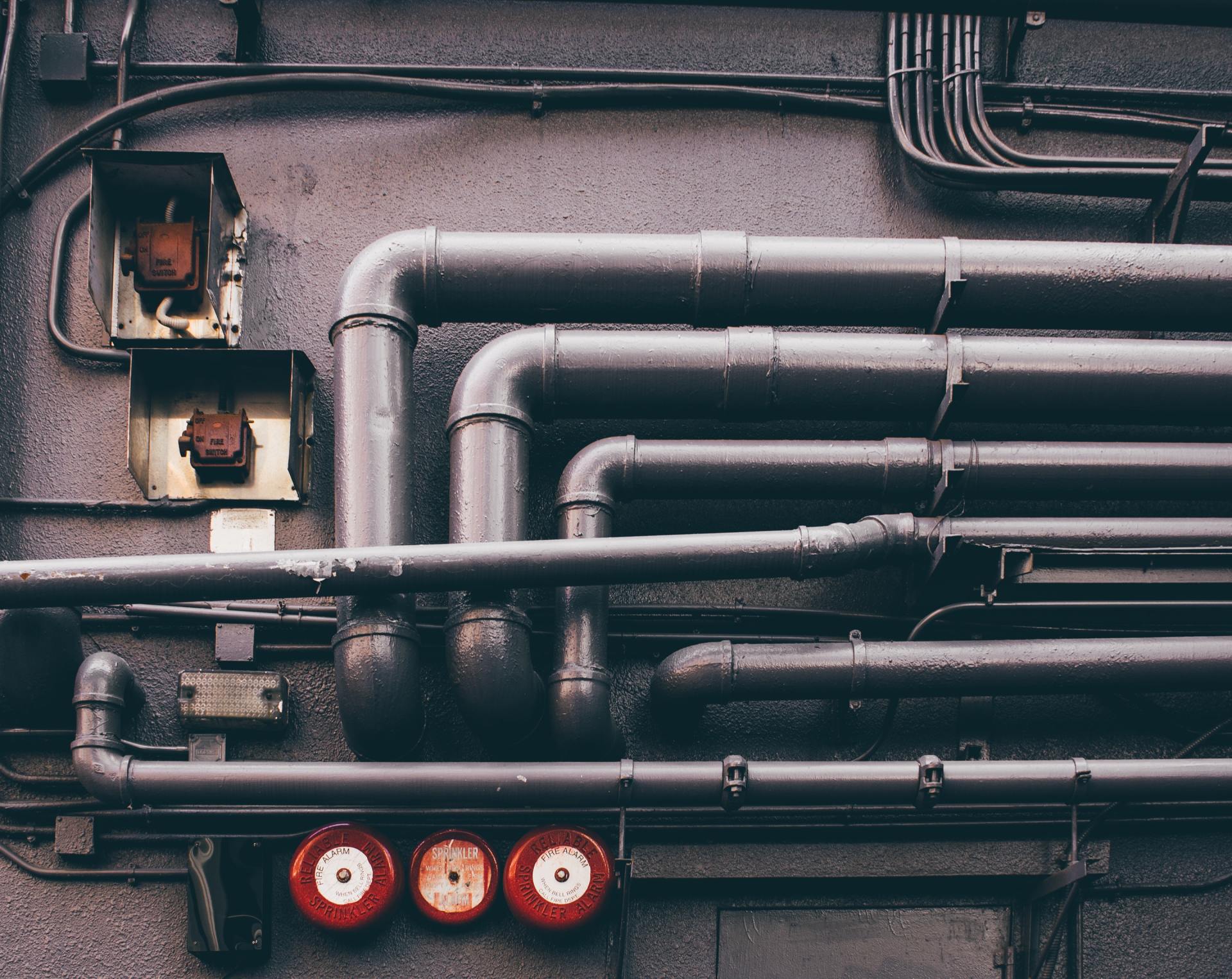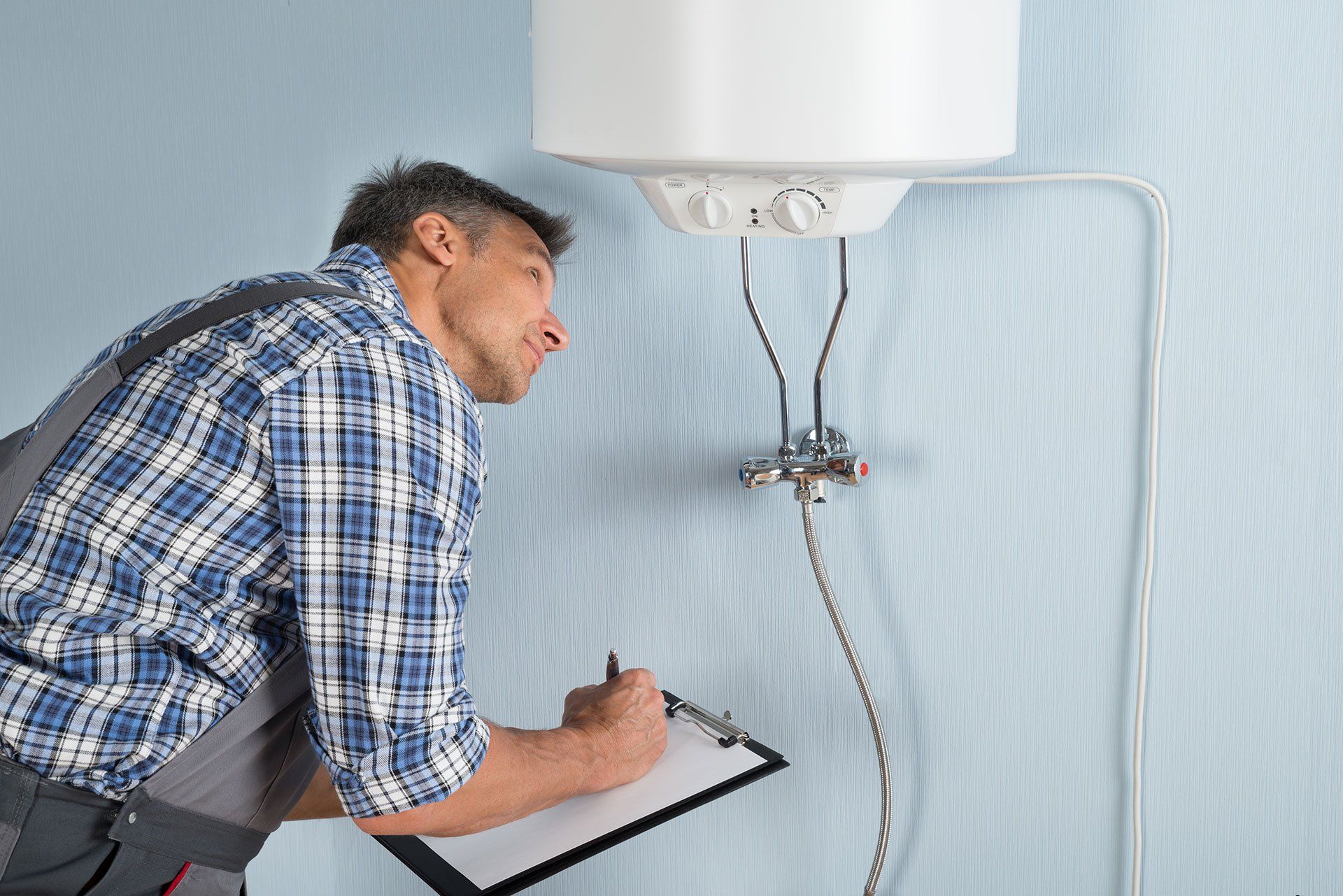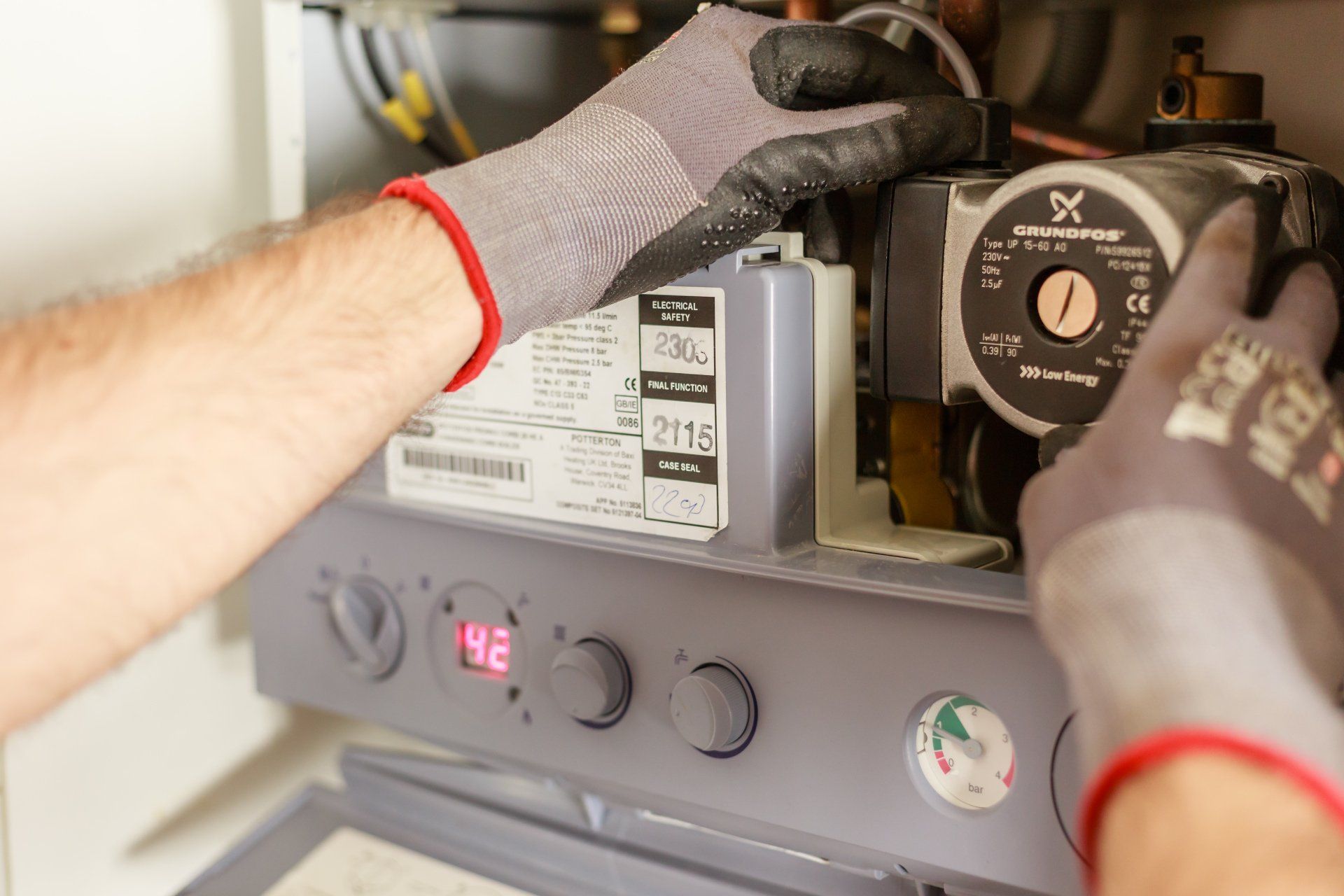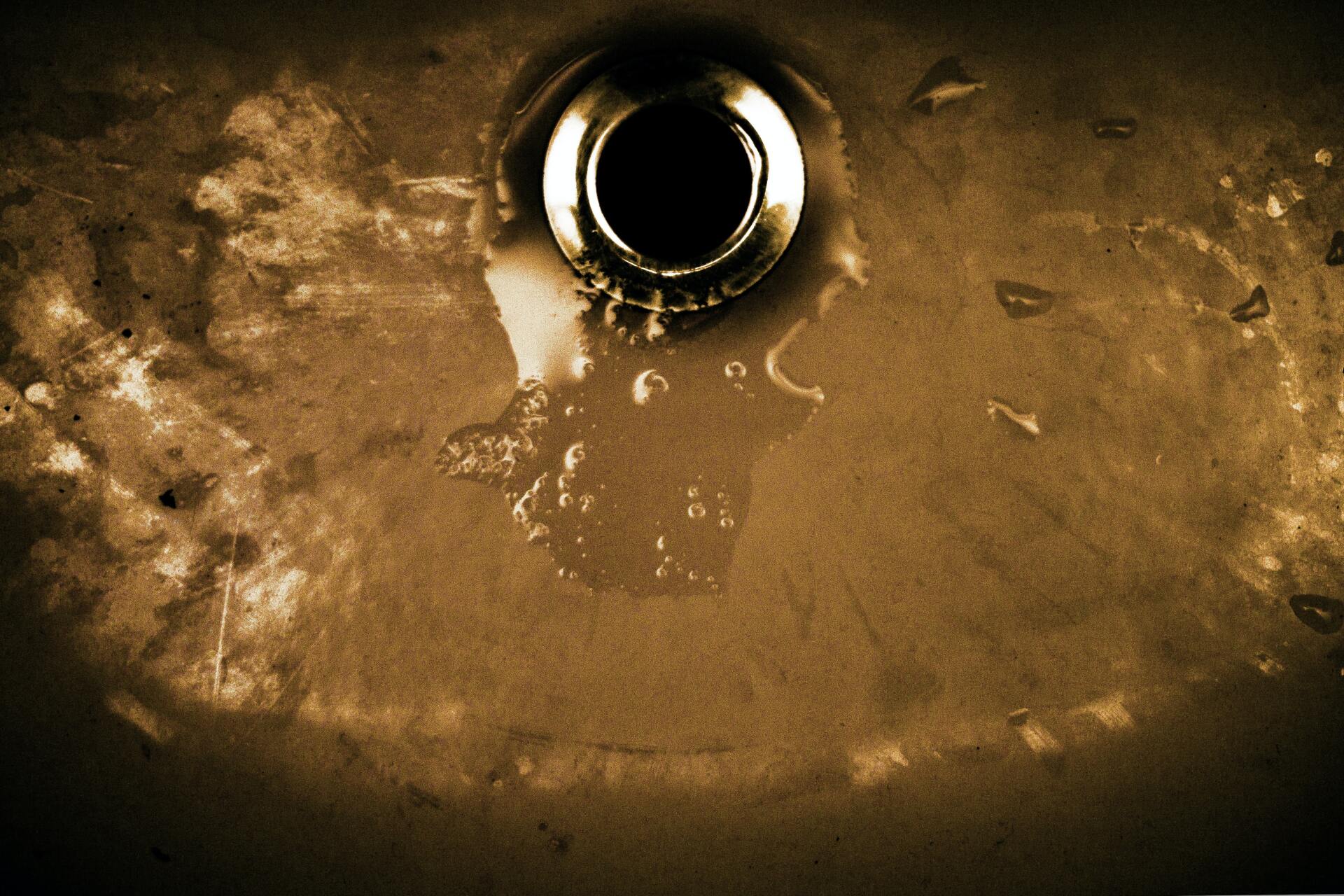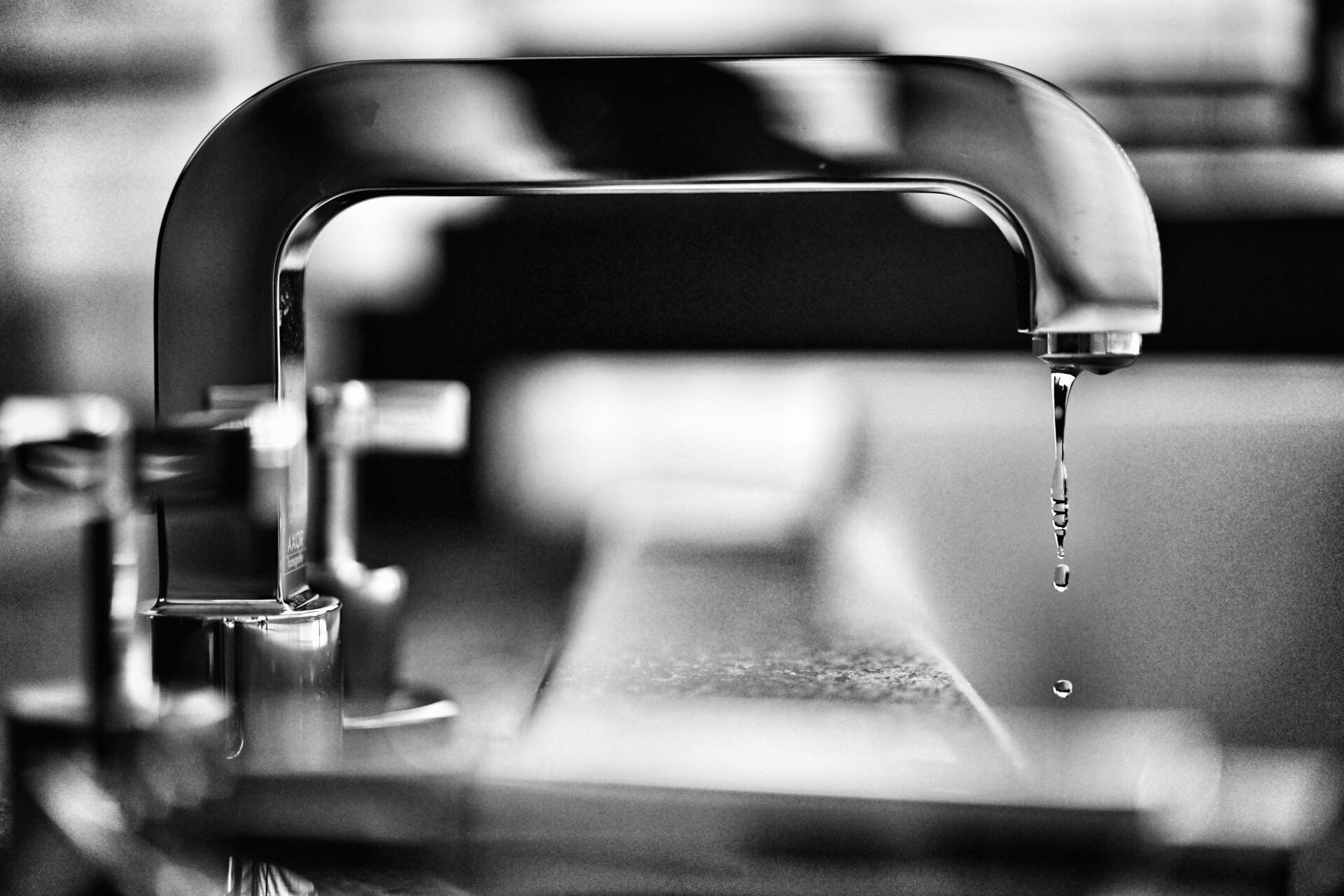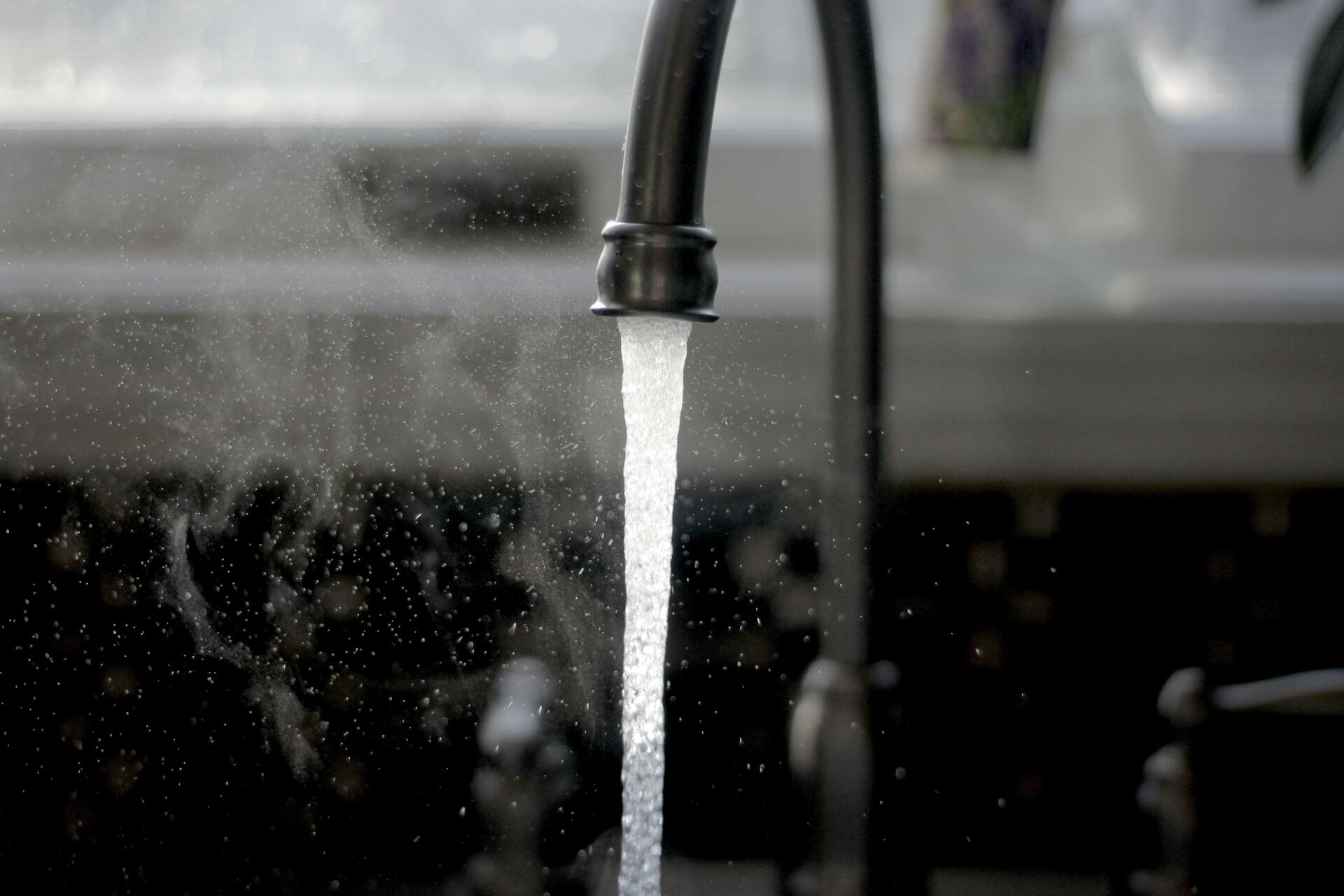You have probably heard about hard water and soft water, but what’s the difference? The difference is the mineral content of water, which affects how it is classified on a scale ranging from complex to soft. Soft water has many benefits over hard water, but the water delivered to most of our homes is full of hard minerals. Water softeners help us to solve this problem, but there are several different types to choose from. Which device is best suited for your home and situation? To help you decide, we’re going to briefly overview each type of water softener as well as bringing up its pros and cons.
Reverse Osmosis Water Softeners
Reverse osmosis removes contaminants from unfiltered water or feedwater when pressure forces it through a semipermeable membrane. Water flows from the more concentrated side (more contaminants) of the RO membrane to the less focused side (fewer contaminants) to provide clean drinking water. The freshwater produced is called the permeate. The concentrated water left over is called waste or brine. A semipermeable membrane has tiny pores that block contaminants but allow water molecules to flow through. In osmosis, water becomes more concentrated as it passes through the membrane to obtain equilibrium on both sides. Reverse osmosis, however, blocks contaminants from entering the less focused side of the membrane. For example, when pressure is applied to a volume of saltwater during reverse osmosis, the salt is left behind, and only clean water flows through.
Pros:
- Very healthy drinking water when minerals are reintroduced
- Can have unlimited RO water on tap
Cons:
- Only provides soft water to one faucet
- It can be quite expensive
- Not the primary purpose so not the best solution
Salt-Based (Ion-Exchange) Water Softeners
Salt-based water softeners use an electronic metered valve mounted atop a fibreglass resin tank that meter water by the gallon and then run a cleaning cycle when the ion resin bed reaches a saturation point. During the cleaning cycle, the electronic valve cycles a series of back flushes to purge the hardness particulates that have been captured from the system and flush them down a drain line. The sodium is also replenished in the resin bed during the cycle, and all is ready to go again.
Pros:
- Completely removes hard water minerals
- Very long lifespan
Cons:
- Requires weekly upkeep
- Will need to continually buy bags of salt
- Media will need to be replaced eventually
- Can Not have any Iron in the water (not well water friendly)
- Can Not have any Chlorine in the water (must have carbon filter before unit to remove chlorine)
Salt-Free Water Softeners
In the salt-based water softening treatment, hardness minerals are removed from the water. In the salt-free process, minerals are retained in the water, but their form is changed to not adhere to surfaces. “Salt-free” water softeners are not softeners. They are “water conditioners.” Water is processed through catalytic media using a physical process called
Template Assisted Crystallization (TAC). What happens is the hardness minerals are converted to a hardness crystal that is not able to bind to surfaces. This is actually water conditioning, not softening.
Pros:
- No maintenance
- Doesn’t add sodium to your water
- Can often filter out other impurities
Cons:
- Very expensive
- Doesn’t actually remove hard minerals
So, Which Water Softener Should I Choose?
Whether you’re trying to avoid hard water stains and rust on your bathroom fixtures and tiles, or you want the pleasant feeling of skin and hair that’s been washed in soft water, a water softener can provide you with the solution to your complex water problems. The best way to tell what system you’ll be happy with is to have a water analysis done and
Manax can help you with that!
You might also like
Book a Service Today
We will get back to you as soon as possible
Please try again later

Our Family Serving Your Family For Over 50 Years. Our plumbers are available at any time of day. Serving Fergus, Orangeville, Caledon, Alliston, Bolton and Surrounding Areas.
For all your plumbing needs, including emergency services, well pump repair, water softeners, iron removal systems, hot water tanks, tankless heaters, and drain cleaning, we've got you covered.
Manax Plumbing
Smart Site Design & SEO Services by Green Lotus Agency

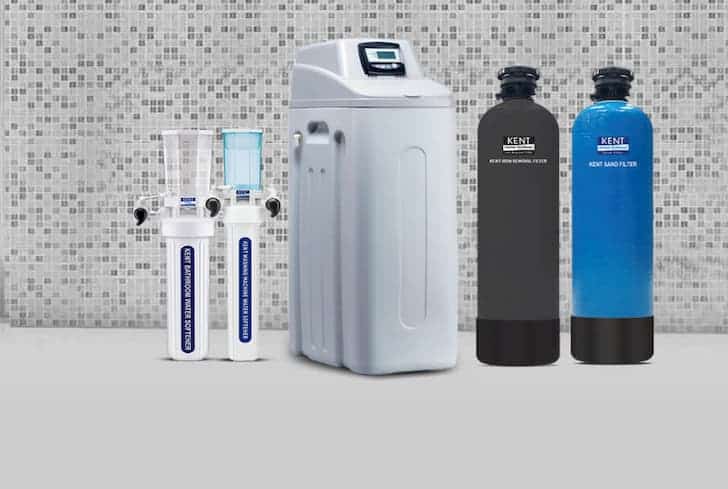 Water Softeners
Water Softeners